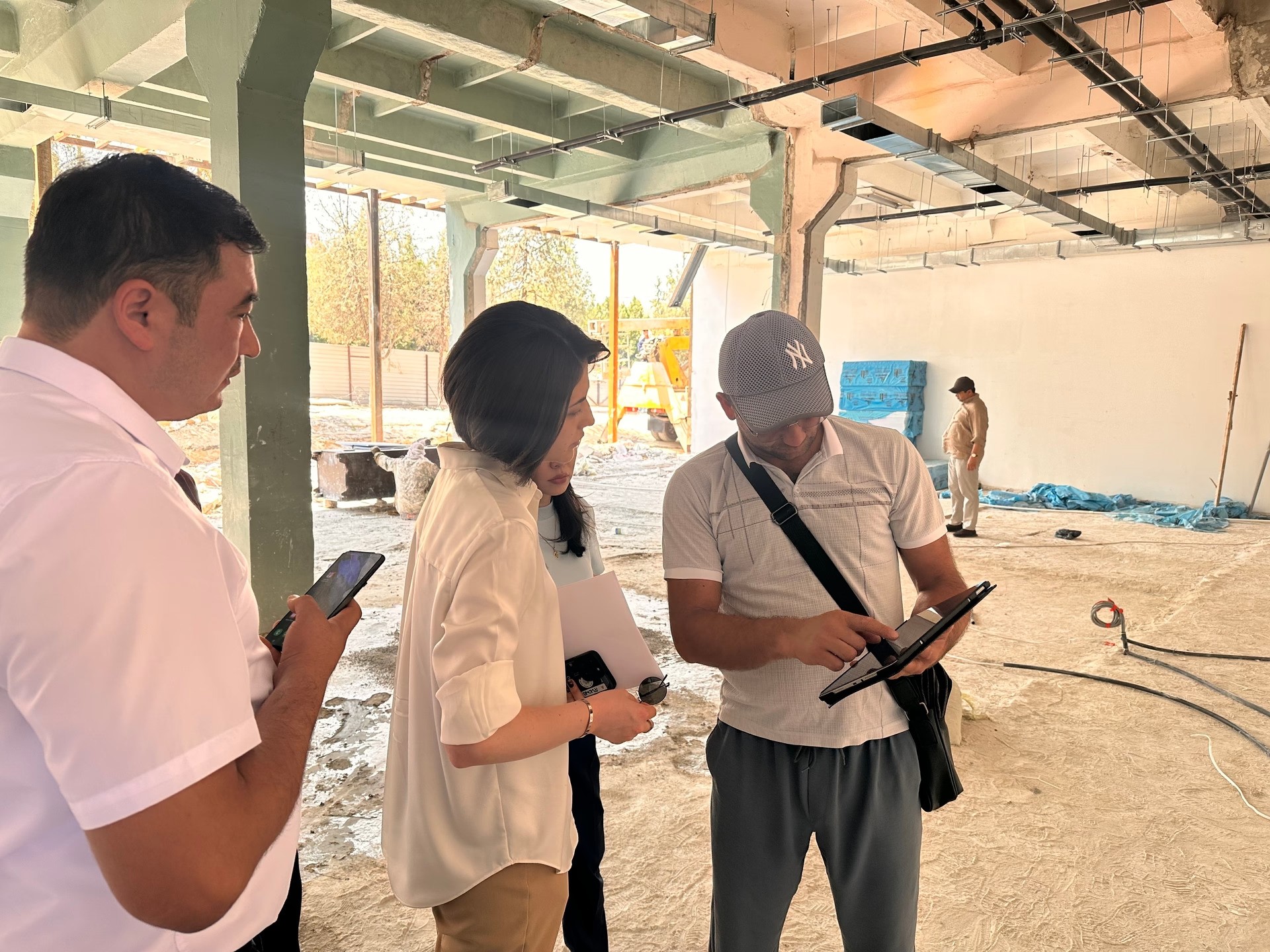The DeepMind research team presented the AlphaMissense artificial intelligence model — a breakthrough system that can accurately assess the impact of genetic mutations on human health. The new algorithm analyzes missense mutations — point changes in the DNA that lead to the replacement of one amino acid in the protein structure, and classifies them according to the probability of pathogenic effects.
AlphaMissense is trained on an array of 71 million mutation variants covering almost all possible single-nucleotide substitutions in protein-coding regions of the human genome. For each of them, the model calculates the degree of potential harmfulness, helping doctors and geneticists distinguish neutral changes from potentially dangerous ones that can cause inherited diseases.
Unlike existing databases such as ClinVar, where accurate clinical assessment covers only a limited range of mutations, AlphaMissense closes information gaps, especially in the case of rare variants for which traditional approaches often fail. Validation based on ClinVar data showed the model's accuracy at 90% - higher than any previously available tools.
The algorithm uses the architectural principles of AlphaFold, another DeepMind model that revolutionized protein structure prediction. AlphaMissense uses language models adapted for analyzing amino acid sequences as texts. This allowed AI to recognize patterns in protein structures and predict the consequences of even the most atypical mutations, similar to how language models recognize rare or contextually complex words.
AlphaMissense is unique in its ability to detect known pathogenic mutations and predict the behavior of previously unclassified substitutions, which is especially important for personalized medicine and the development of new therapies. The average person has about 9,000 missense mutations in their genome, and the vast majority of them have so far remained uninterpreted. The new AI mechanism provides the scientific community with a tool for advanced diagnosis and risk assessment.
In collaboration with the European Bioinformatics Institute (EMBL-EBI), the developers have already opened a publicly available database that includes estimates for almost every possible missense mutation in the human genome. This initiative provides researchers around the world with direct access to the results of the model and opens up new horizons for analyzing genetic data, identifying the causes of rare diseases, and accelerating the development of targeted drugs.











